Why I Love Teaching Cooking

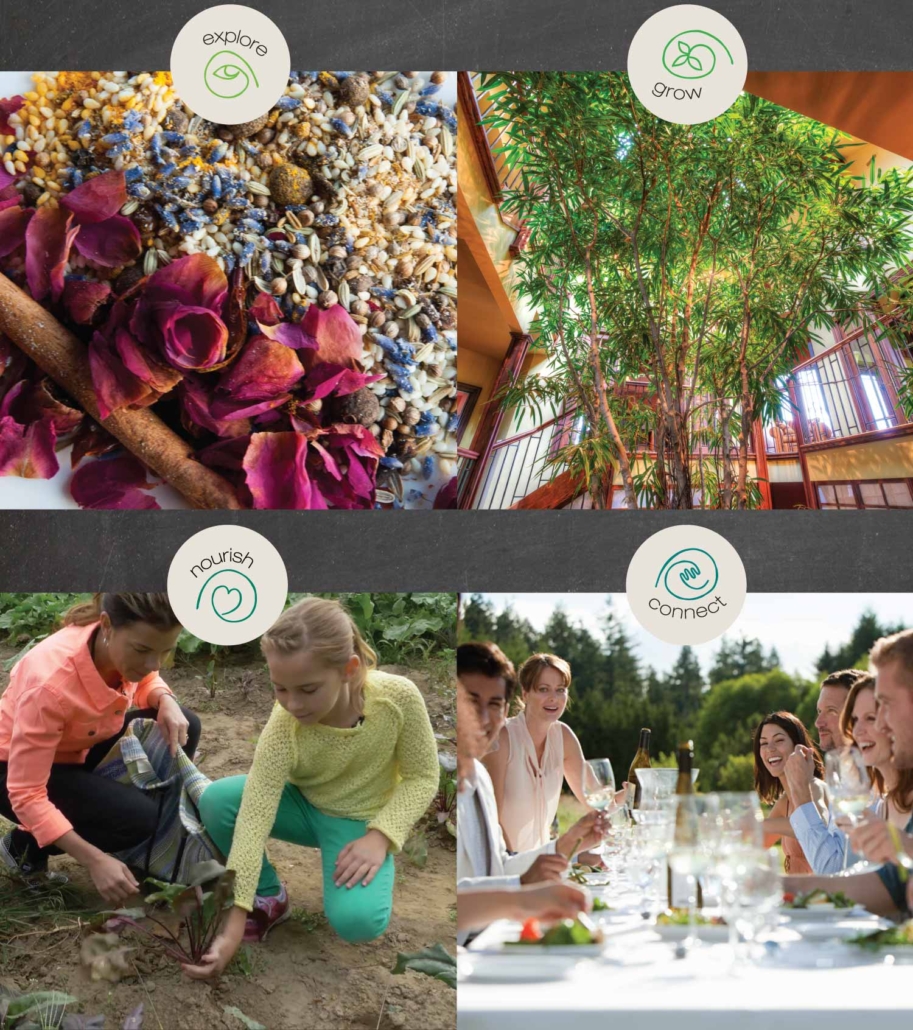
- Try something new and fresh
- Ask questions—we need more people talking about hand-made food
- Trust your instincts—it is not all about following recipes to the letter
- Start with inspiration—then fully engage all your senses in the kitchen
- Anyone who wants to cook better, will!
- Go easy on yourself—failures refine your mastery!
- No time? Even once more per year is more time spent in the kitchen
- Embrace nutritional variety—this gift of colour gives back
- Freaked by food fads and diets? Balance loving restraint and loving open-mindedness
In my younger years, I spent some time whooshing down the slippery slope of emotional eating. Luckily, a few great meals in Paris changed that mindset. A week after that trip to France, I signed up for chef school, beginning a beloved second career. Since then, I’ve exchanged emotional eating for emotional cooking, which is sooooo much more fun, nurturing and pleasurable!!
After almost 30 years of teaching cooking, I still happily consider myself a lifelong student of cooking. I’m continuously awed by the infinite varieties of ingredients, techniques, artistry and cultural culinary traditions.
That’s not to say I’m always energized by the thought, act and responsibility of cooking or teaching cooking. I have a busy family, and there are never enough hours in the day.
On top of that, conflicting nutritional information can be confusing, even for a professional chef. But with the right approach, a homemade food experience can be deeply restorative.
My best food experiences are consistently founded on the same philosophy: Explore, Grow, Nourish, Connect.
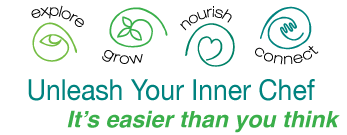
These tenets address the root issues for nourishment. This philosophy helps kids cook and care for themselves, and it helps adults maintain a healthy lifestyle. It’s a sustainable practice for mind, body, spirit and Mother Earth, and I guarantee it will elevate your kitchen experiences!
Explore cuisine with great curiosity
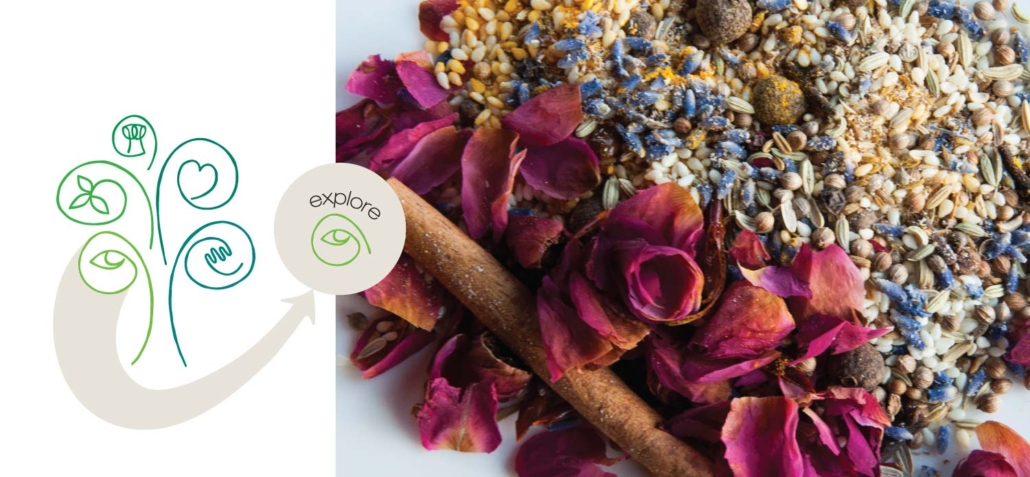
I love trawling for new food experiences almost as much as I love teaching cooking! Travel around the corner to your local farmers’ market or specialty food shop and try something new and fresh. Travel in your mind when exploring unique flavour combinations from cookbooks, ethnic restaurants or TV shows. Travel across an ocean and completely immerse yourself in a new food culture. All of these experiences have greatly advanced my palate, pushed my boundaries, awakened my taste buds and expanded my kitchen repertoire. (Read about how I was inspired by foraged mushrooms in British Columbia and Cajun/Creole cuisine in New Orleans).
Ask questions on these food journeys even if it involves gesturing and stumbling in another language. Chefs and quality food purveyors are rightfully proud of their hard work and can explain some distinctive flavours and novel techniques. You may sometimes find they won’t stop talking once they know you’re enthusiastic about cooking, too!
The best thing about these research travels is that it engages all the senses. Remember, it’s not all about following a printed recipe to the letter—the beauty of cooking is in your personal discoveries. It’s much easier and more empowering to start with the inspiration and ingredients you pick up on your travels. Then, you can finish the journey in your own kitchen, using your hands and following your instincts and creativity.
Exploring hands-on in the kitchen develops neural pathways and fosters muscle memory, which makes your subsequent kitchen forays easier. Without doubt, you can’t get that from watching a cooking show on TV!
Explore colours, shapes, textures, temperatures and weights. Explore with every one of your senses and allow your sixth sense to flourish, too! Sensory experiences help refine your mastery. Meanwhile, failures are only lessons furthering your exploration.
Grow in essential culinary life skills

There’s no sugar-coating it: you must commit time and effort to hone your kitchen skills and build your cooking repertoire. To truly nourish yourself, culinary life skills are essential at all ages.
Everyone can learn—young and old, beginner or expert. Chefs are constantly growing their knowledge and skills. Learning fires us up! With time and experience comes proficiency, creativity and confidence. In the long term, you will save oodles of preparation time. You’ll be able to think on your feet and cook on the fly.
Give yourself the gift of time
Spend some time establishing your cooking, health and nutrition goals for the year. Put them on your schedule. Just like pencilling in workout time, dedicate time to develop your culinary life skills. Pencil in fresh food research time, including seasonal availability of your favourite, nutrient-dense ingredients. Cook outside of your usual staple recipes whenever you get a chance, even if it’s just once a month! Once you commit, watch for more soul-filling food experiences to come your way.
Collect your favourite recipes and cooking systems
Grow your collection of recipes that include the words “classic,” “secrets of,” “perfect” or “101.” I’m often frustrated when I see recipes that are seemingly “quick and easy” yet are missing key concepts and creative substitutions. At Tree House Kitchen, I call my recipes “systems” as they include many smart tips to cook like a chef, eat well and ultimately, outgrow the recipe and make the system your own.
Hand-select ingredients and support local farmers
In all my years as a woman, chef and mother, I have found almost no comparison to homemade cooking with hand-selected ingredients.
Freshness is a party in your mouth and often a budgetary boon. It’s also a sustainable living practice that supports your health, community and environment. You control the cooking techniques. You can personally source healthy, vitamin-, mineral- and antioxidant-rich ingredients that haven’t been stacked with unnecessary calories or ingredients.
Growing your cooking skills includes learning about the hard-working farmers who grow crops in your area and/or growing your own produce. How are the foods grown or made? Where are they grown or made? It’s your right to ask questions, giving you control over your diet and environment. Homemade, local, juicy, vibrantly fresh-tasting ingredients will make you a rock star in the kitchen, and they often need little embellishment.
Nourish mind and body with top-quality food experiences
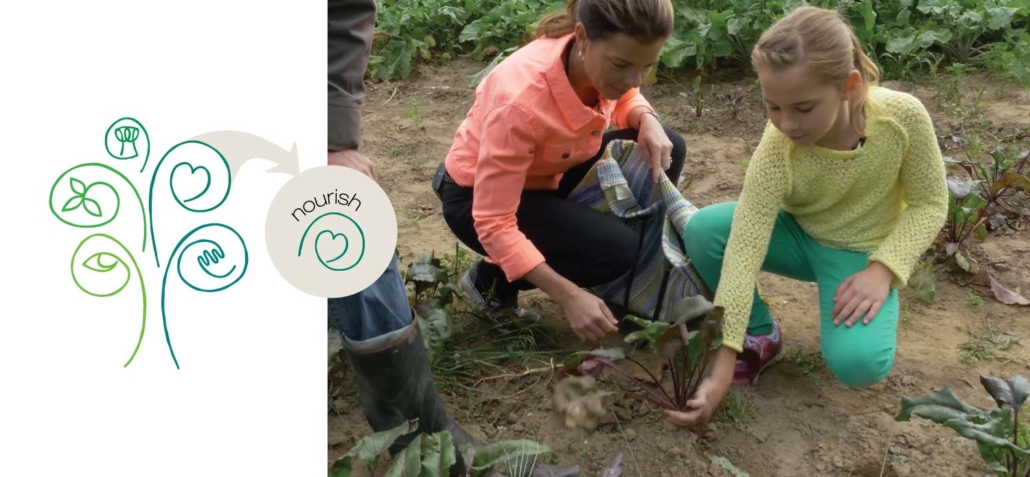
My heart’s desire is for my food to resonate with love. It’s an unspoken language that I articulate through the experience of teaching cooking and dining at my table, and it’s a gift I’m always trying to give myself on my own plate.
Top-quality food experiences start with the best quality food your budget can stand, and that goes for kitchen tools, too. You get what you pay for in the food industry. You can’t be complacent with the contents of your plates. Whenever you can, purchase and eat whole, colourful, sustainable foods that are healthy for you and your environment. Many food producers do what they do because of unconditional love for their product, craft and industry.
Also, be aware of your nutritional needs at every age and stage of your life, and research the ingredients you put in your mouth (and the mouths of others).
Then remember, nobody is perfect—not nutritionists, food reporters, food researchers, food writers or you! We all need to remember that the conditions placed on our food experiences by food trends, food phobias, food reporting and nutrition science can be stifling. Do your food homework and trust yourself at the same time. This is where intuition can play a big role.
Find a balance
During chef training and my continued study of food, I learned to respect and love nutritional variety and what my body is telling me. Honouring the beautiful balance between loving restraint (everything in moderation) and loving open-mindedness (including moderation) is the true sweet spot for me.
As a chef, I’m a better judge of foods’ complexities when I consciously abstain from overindulging, as this helps the palate come alive. Take the time to immerse yourself in the full experience of a treat!
I’ve learned to avoid the negative emotional eating trap and always embrace heartfelt food wisdom. Embracing the delayed gratification of do-it-yourself while aromas spirit around the kitchen can help you honour, enjoy and savour every bite.
Connect with your inner foodie, family, friends and community through food
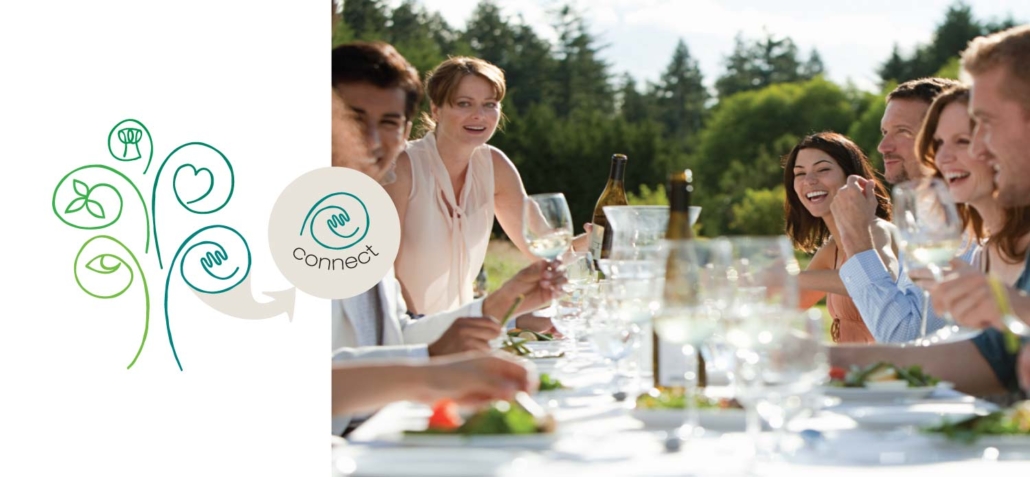
From years of teaching cooking and thousands of hours in the cooking trenches, I know that anyone who wants to cook better can. The skills and artistry are already within you to grasp. Think about it positively, and it’s done.
Moreover, making a conscious effort to connect to all of your senses when cooking gives you hints and gifts. Connect to creating! Great cooks and chefs don’t develop their artistry through recipes. They observe and hone hands-on skills, use common sense, have a passion for quality and are committed to following through. It’s a relationship between themselves and good food.
And good relationships are good for your health! There’s nothing better than long conversations over long meals. Real cooking, real food, real people, real conversation. Nothing needs to be trendy, complicated or expensive to create a magical meal.
Supporting your local food and farming community with your dollars speaks volumes. Eating local, seasonal foods and shopping at local farmers’ markets is good for us all. Additionally, connect yourself to eco-friendly eating and help our ecosystems flourish long term. (For example, help pollinating bees survive by building a wooden bee nest!).
Finally, connect all these dots and see the magic unfold within and around you! This is why I love teaching cooking.
Download this printable cheatsheet here!
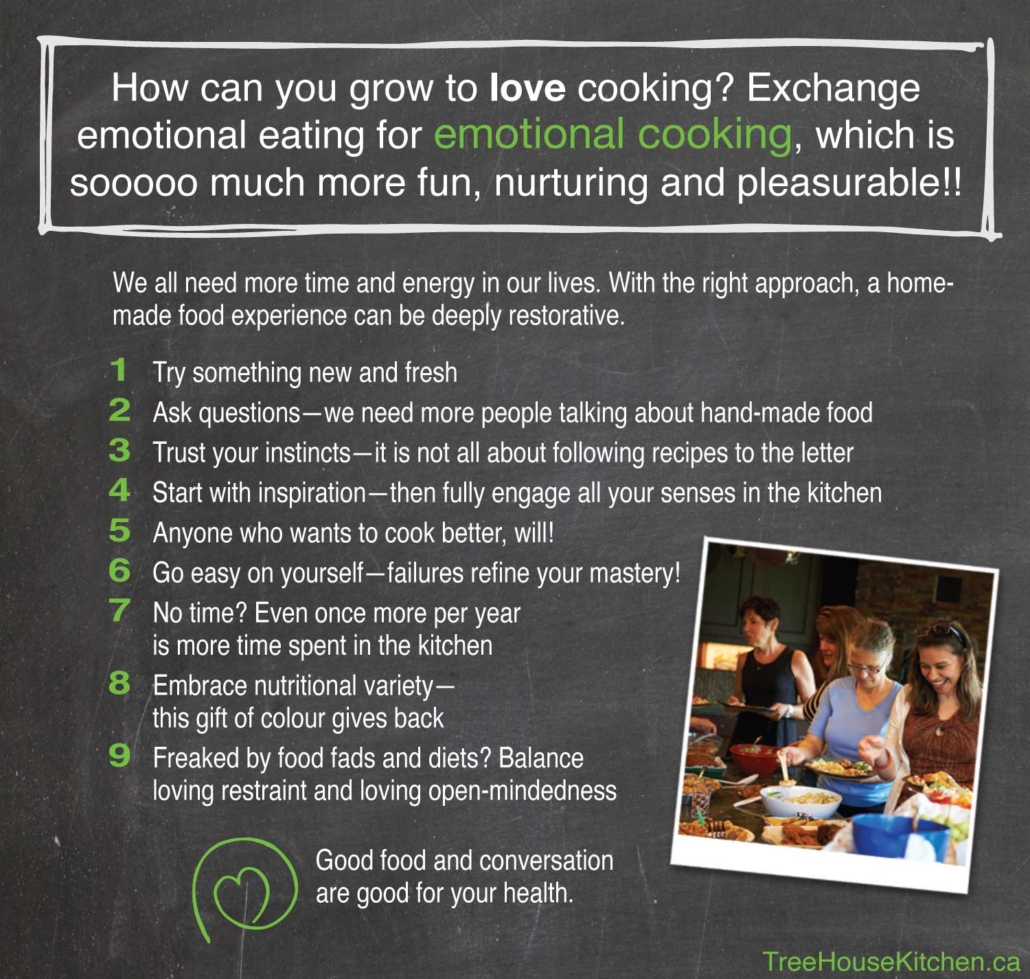

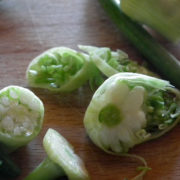
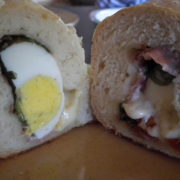
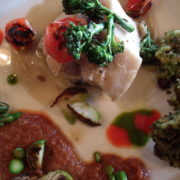
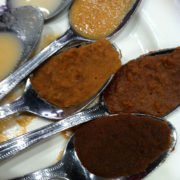
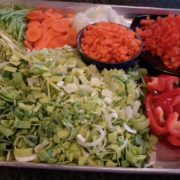
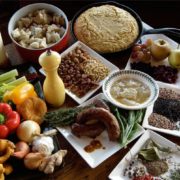
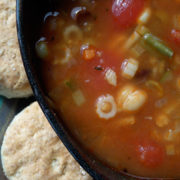


Leave a Reply
Want to join the discussion?Feel free to contribute!